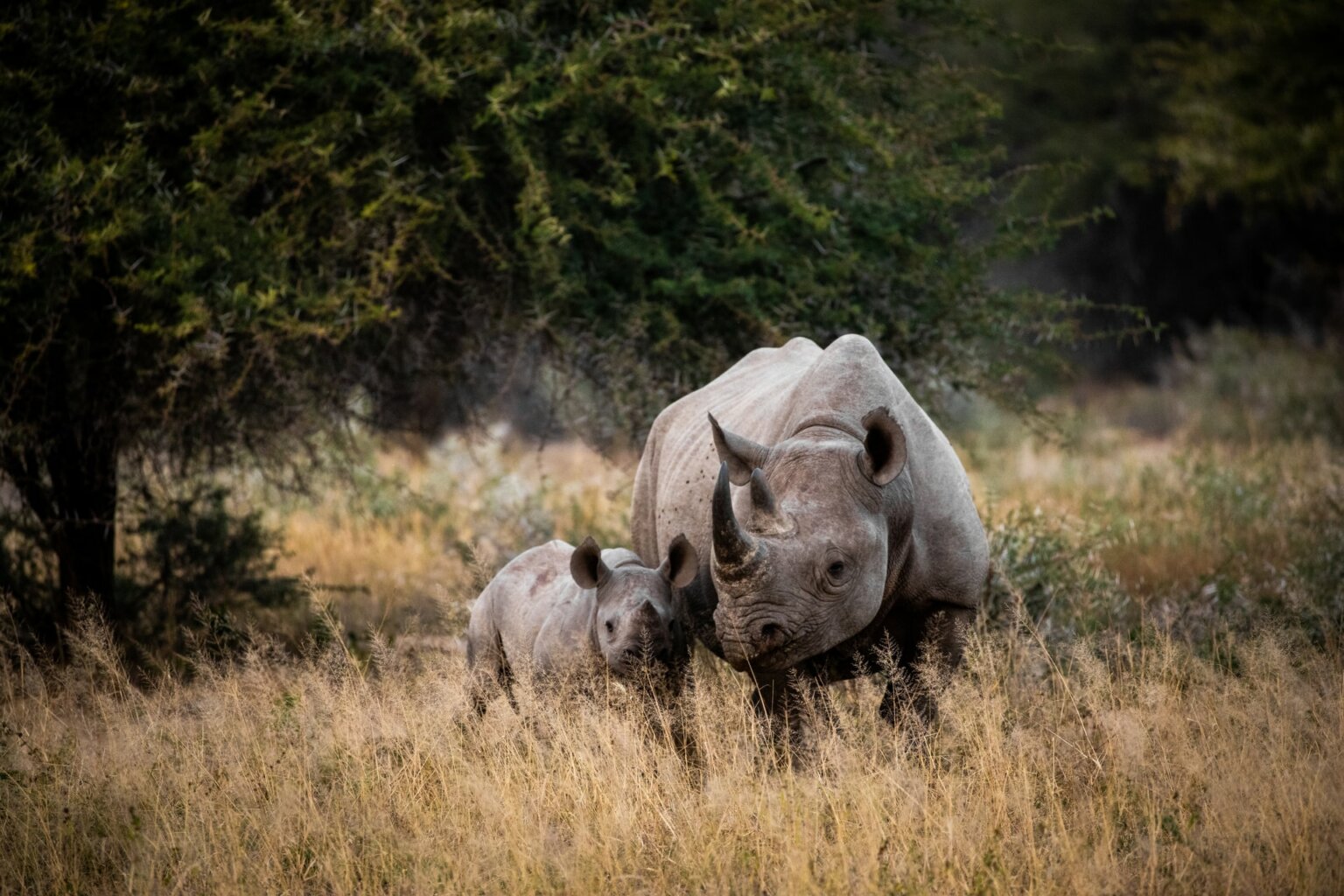- About
- Topics
- Story
- Magazine
- In-Depth
- Picks
- Opinion
- News
- Donate
- Signup for our newsletterOur Editors' Best PicksSend
Read, Debate: Engage.
| topic: | Conservation |
|---|---|
| located: | Rwanda |
| editor: | Bob Koigi |
In a move that demonstrates a commitment to biodiversity conservation, African governments have cumulatively set aside more than 6.7 million square kilometres as protected areas. This move comes as, over the years, competing business interests, climate change, infrastructure development, wanton pollution and consumption of natural resources have resulted in the loss of almost half of plants and about 83 percent of wildlife in the region.
Between 2012 and 2020, these issues were responsible for the loss of 42,000 sq km of forest in Africa’s protected areas. Globally, in the last 50 years, more than 60 percent of the wildlife population has been lost and one million animal species and plants are staring at extinction - some within decades. Rainforests, which are the lungs of the world, are being cleared at devastating rates.
Despite the immense contribution of natural resources to the economic, cultural and social wellbeing of the global human population, their conservation has not been given the attention it deserves. That is why the recently concluded Africa Protected Areas Congress (APAC), in Kigali Rwanda, the first of its kind, could not have come at a better time.
Bringing together over 2,000 participants drawn from 52 African countries and beyond, including government leaders, businesses, interest groups and citizens, the forum offered a platform and opportunity for Africa and the world to take a pulse on the status of protected areas, learn from each other and deliberate on the experiences, gains and challenges of biodiversity protection.
The deliberations were historic and transformative, ranging from a proposal to have nations set aside one percent of their GDP in order to bridge the biodiversity financing gap, to deepening country and sector collaborations. They were better captured in the Kigali Call to Action that will guide conservation efforts in the coming decade.
It is possible to achieve these commitments and save the planet, but they must reverberate beyond Kigali. Leaders and citizens must show initiative and leadership in actualising these pledges by setting actionable deliverables and metrics.
Photo by Ron Dauphin

